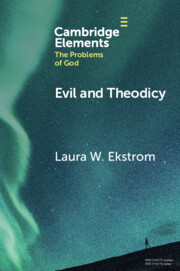1 results

Evil and Theodicy
-
- Published online:
- 16 January 2023
- Print publication:
- 02 February 2023
-
- Element
- Export citation

